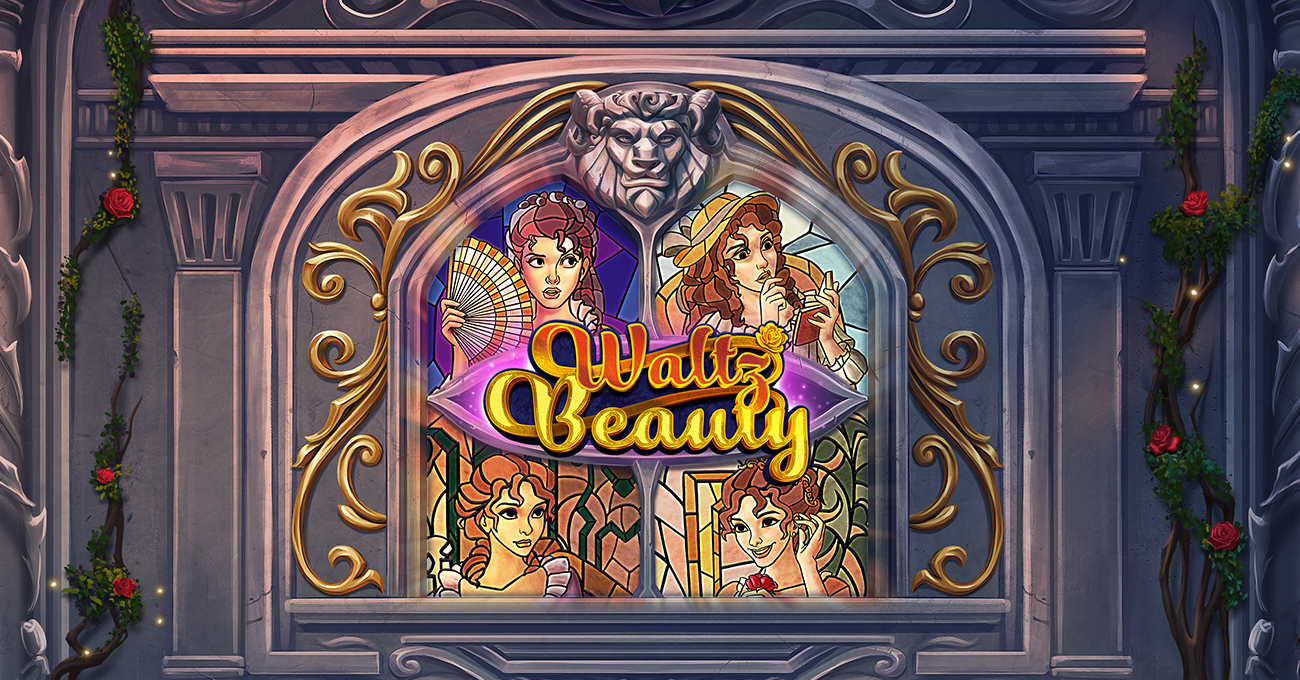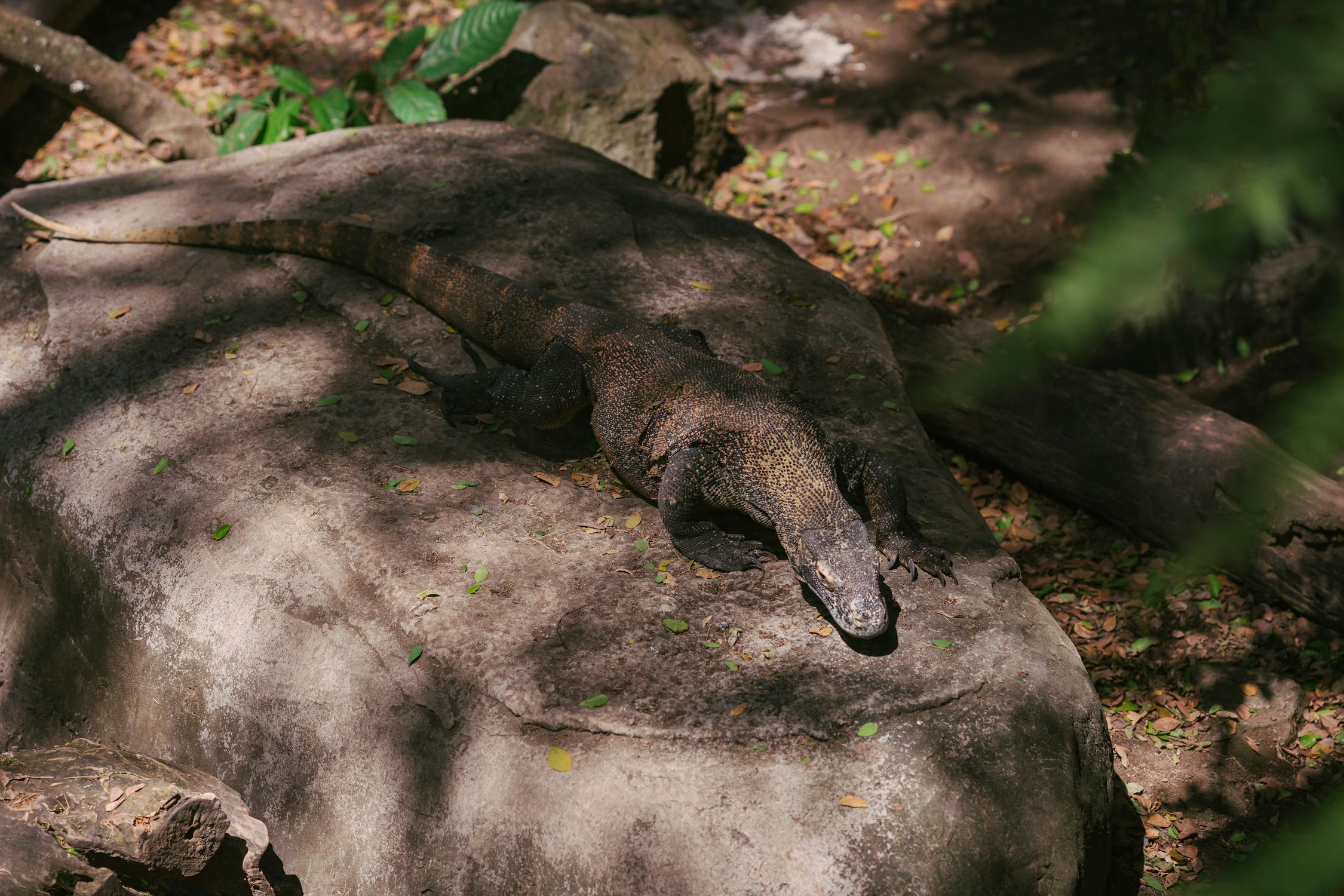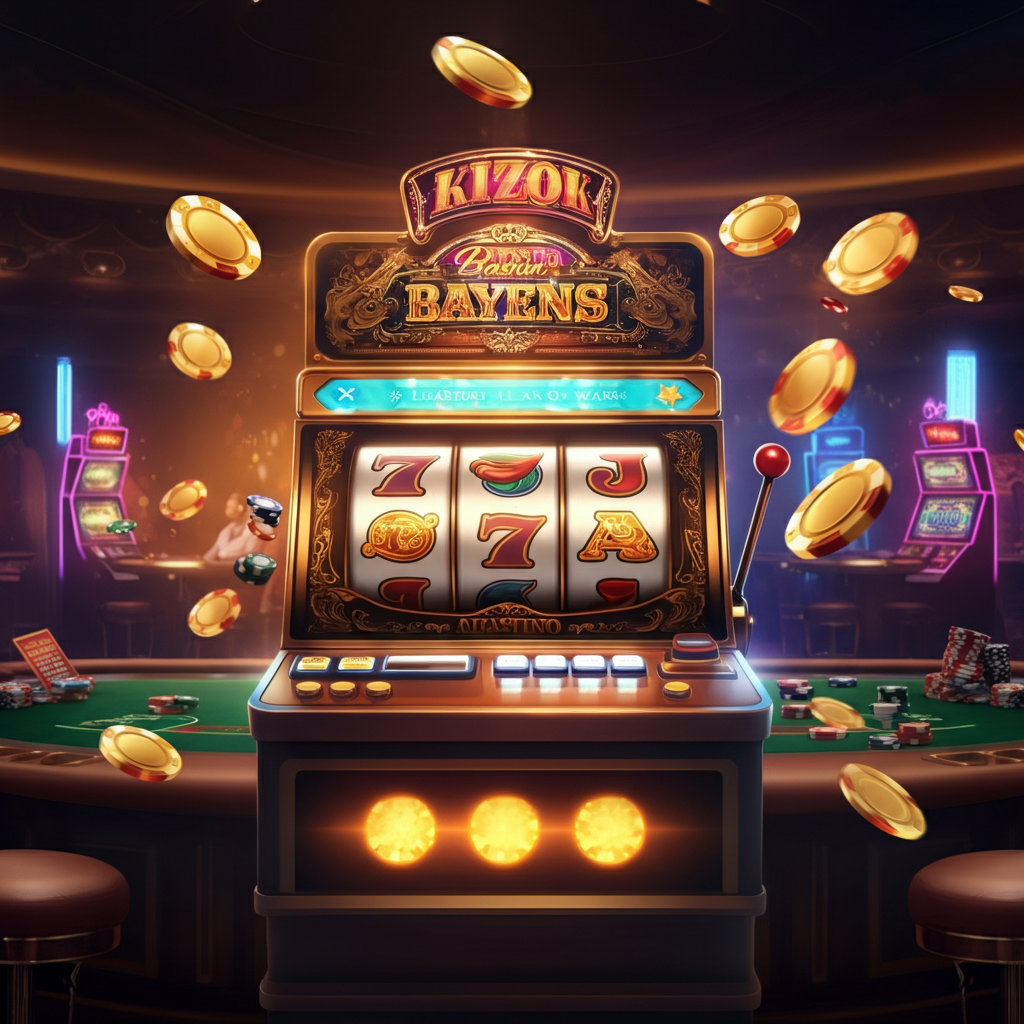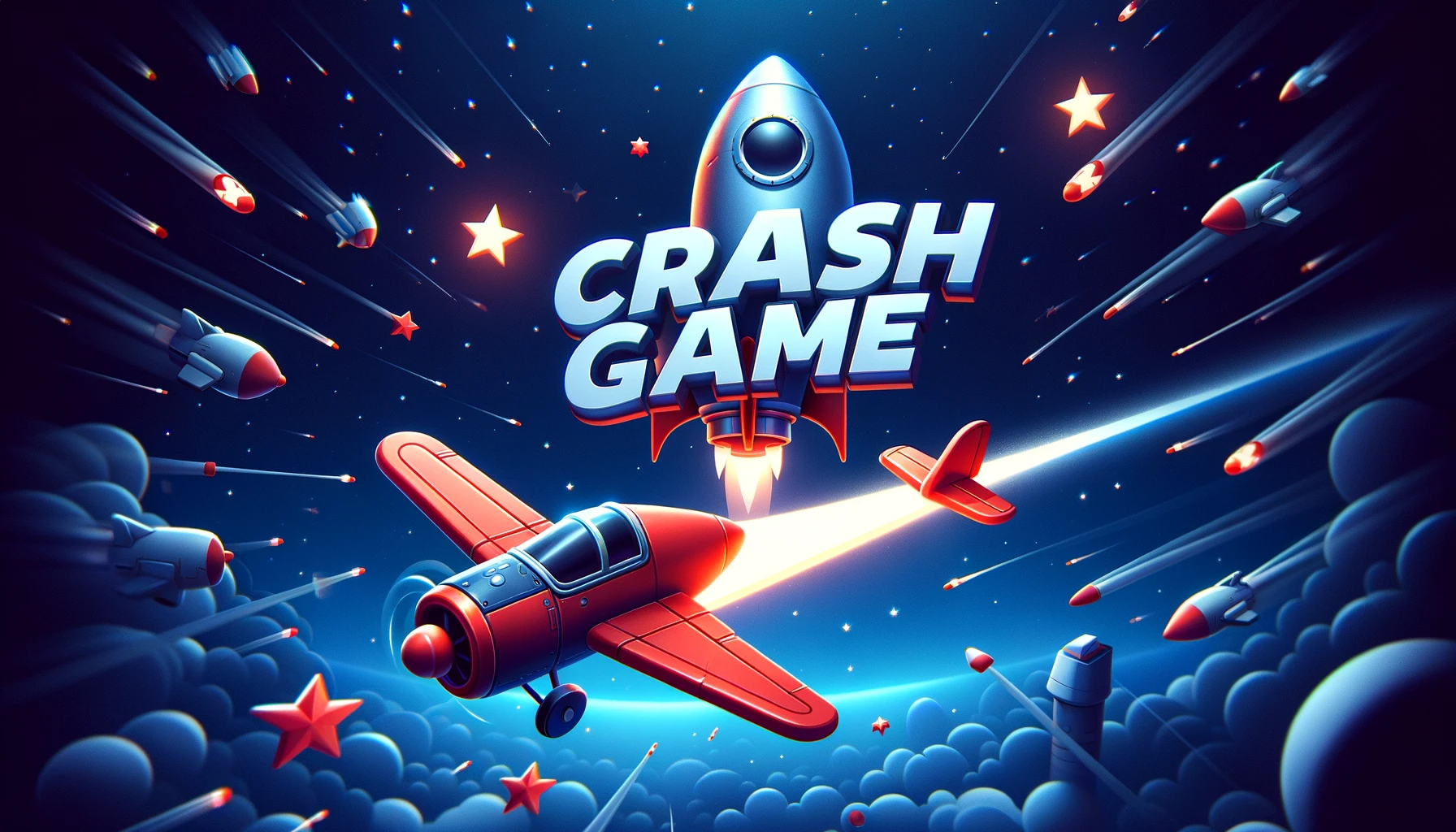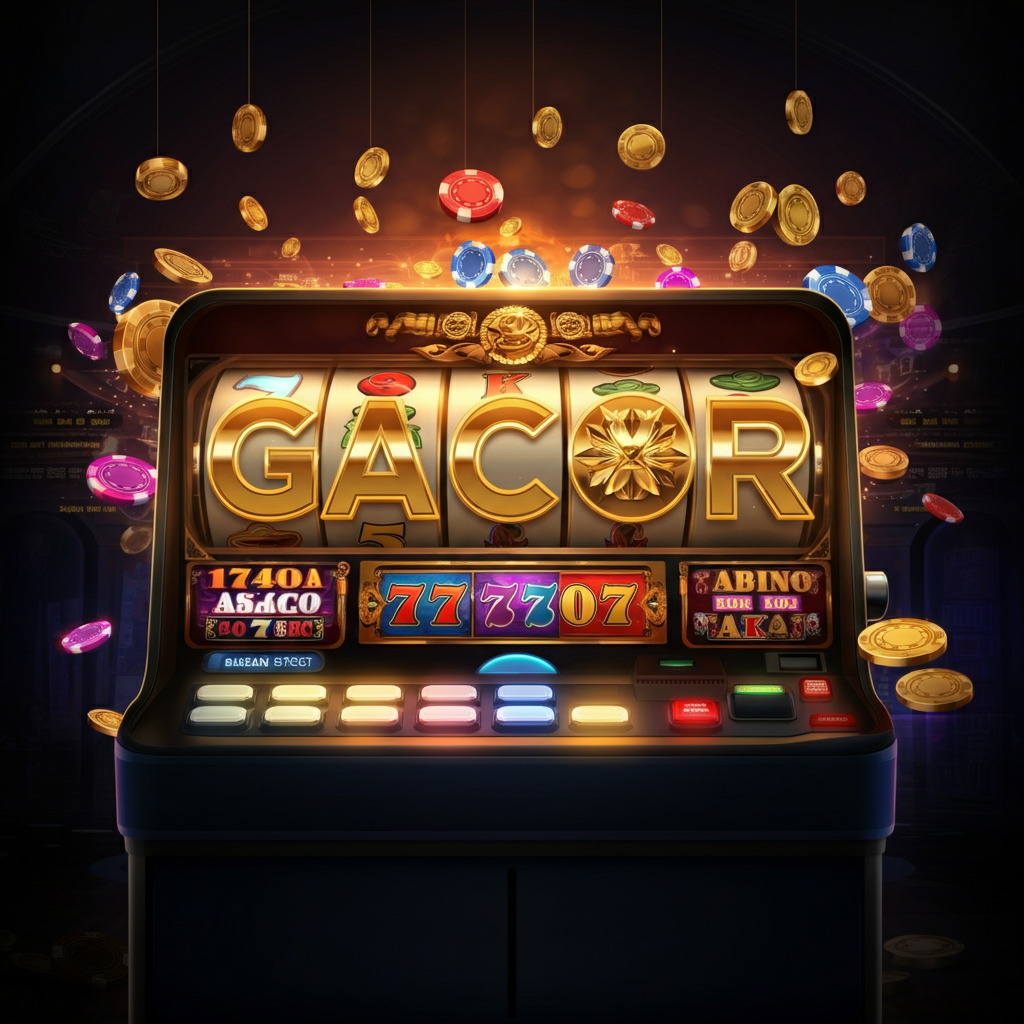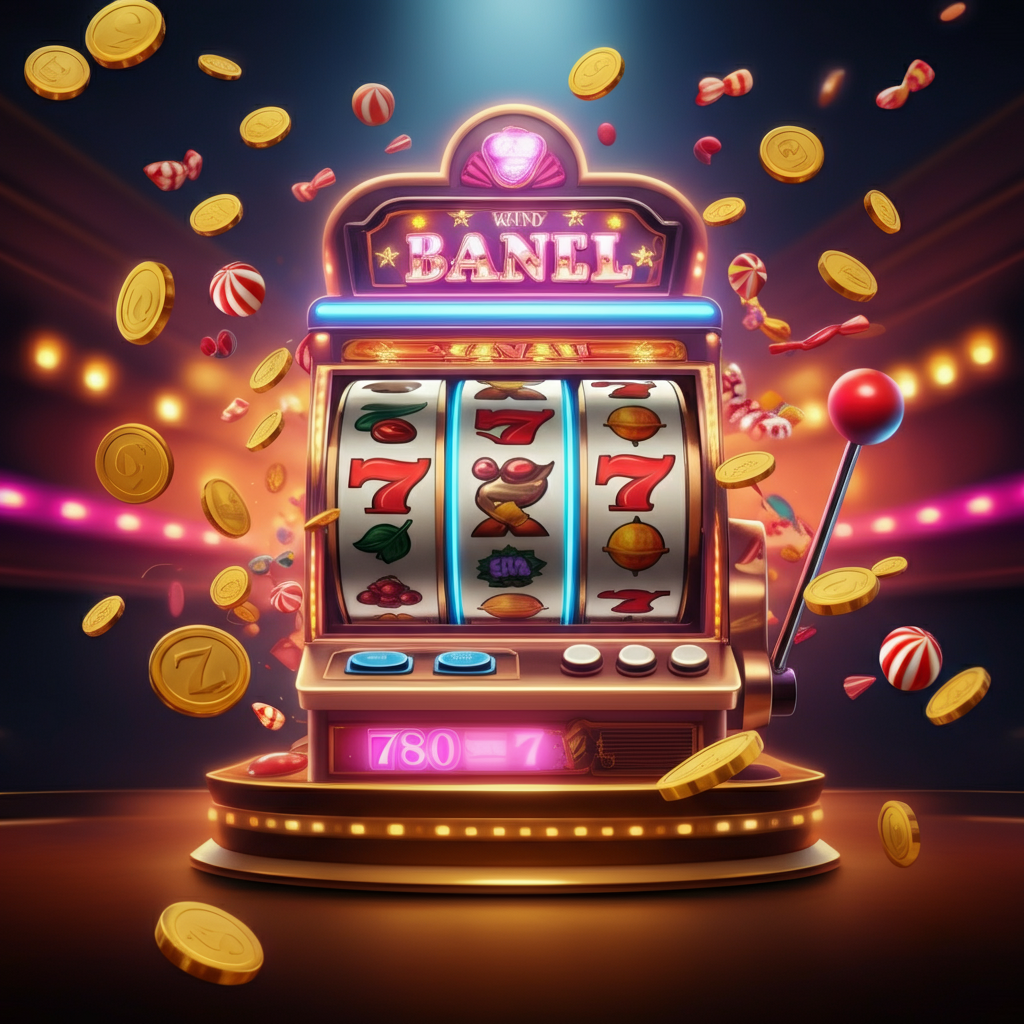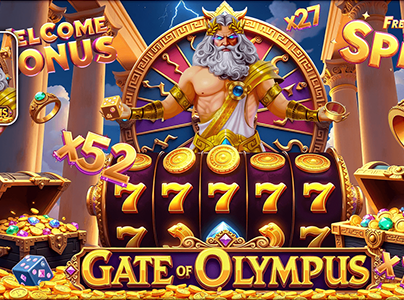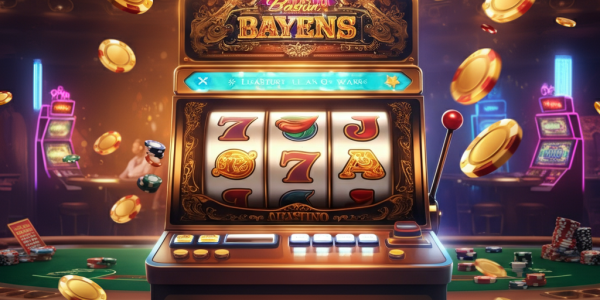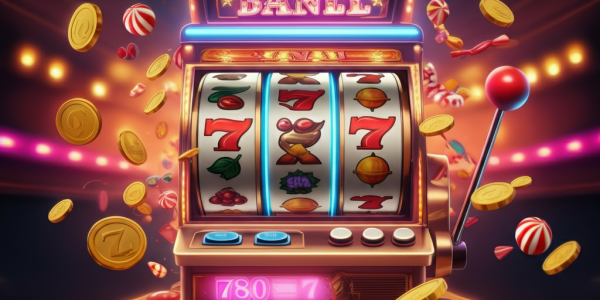Strategi Update Terbaru Slot Online Server Thailand
Dunia slot online berkembang cepat strategi update terbaru, tapi belakangan ini ada satu kata yang lagi ramai di telinga para pemburu cuan digital: server Thailand. Bukan tanpa alasan—slot online dengan server Thailand dikenal gacor parah, sensitif sama “mood” pemain, dan…
Judi Slot Gacor: Mesin yang Memberikan Sensasi Menang Lebih Sering
Slot Online udah jadi permainan yang paling mantap di mainkan bagi para penggemar judi online. Namun, ada satu jenis mesin slot yang semakin populer dalam beberapa tahun terakhir, yaitu slot gacor. Istilah gacor sendiri berasal dari bahasa gaul yang berarti…
Slot Online Deposit Mudah: Cara Cepat dan Praktis
Di dunia perjudian online, permainan slot telah menjadi favorit banyak pemain berkat keseruan dan peluang kemenangan besar yang ditawarkannya. Salah satu faktor penting yang mempengaruhi pengalaman bermain slot adalah kemudahan dalam melakukan deposit. Beruntung, saat ini banyak platform slot online…
Bermain Judi Online Menjadi Gampang
Di era digital ini, hampir segala hal dapat dilakukan secara online, dan dunia perjudian tidak terkecuali. Sebelumnya, untuk menikmati pengalaman judi, seseorang harus pergi ke kasino fisik atau tempat perjudian tertentu. Namun, dengan hadirnya judi online, segala sesuatu menjadi lebih…
Cara Mendapatkan Hadiah Scatter dari Event Mahjong Ways
Mahjong Ways adalah salah satu permainan slot online yang sangat populer, terutama karena fitur scatter yang dapat memberikan hadiah besar. Scatter dalam game ini biasanya memicu fitur free spin, di mana pemain bisa mendapatkan putaran gratis dengan peluang kemenangan yang…
Slot Online Dan Provider Terbaik Untuk Pemula
Slot Online dan Provider Terbaik untuk Pemula Yo, guys! Kalian yang baru banget masuk ke dunia slot online pasti lagi bingung nih cari tempat yang asik buat main. Gak cuma sekadar main, tapi yang penting juga bisa menang! Tenang aja,…
Promo Bonus 100% Judi Slot Gacor yang Wajib Dicoba!
Bagi para pecinta judi slot, mendapatkan bonus adalah salah satu hal yang paling dinantikan. Salah satu jenis promo yang sedang menjadi sorotan adalah Promo Bonus 100% Judi Slot Gacor. Tetapi, apa sebenarnya promo ini, dan bagaimana cara memanfaatkannya untuk memastikan…
Domino Online Terpercaya: Teknik Jitu Mengatur Kartu
Pendahuluan Permainan domino online telah menjadi pilihan populer bagi para penggemar judi daring. Dengan berbagai situs yang menawarkan permainan ini, memilih domino online terpercaya menjadi hal yang sangat penting. Selain itu, bagi pemain yang ingin menang secara konsisten, menguasai teknik…
Raih Kemenangan Besar Di Baccarat Online Malam Ini
Raih Kemenangan Besar di Baccarat Online Malam Ini: Strategi Cerdas Buat Menang Gampang! Yo, para pemain judi online, udah siap buat ngegas dan meraih kemenangan besar malam ini di Baccarat Online? Jika kamu lagi cari cara seru buat menambah saldo…
Sebelum Mendaftar Akun, Lakukan Persiapan Daftar Judi Slot Gacor
Dalam dunia permainan daring, khususnya judi slot gacor, salah satu langkah pertama yang harus dilakukan adalah mendaftar akun. Namun, sebelum mendaftar, ada beberapa persiapan yang perlu Anda lakukan agar pengalaman bermain menjadi lebih lancar dan terhindar dari masalah di kemudian…
Crash Game Mengenal Judi dari Provider Funky Games
Crash Game dalam dunia perjudian daring yang terus berkembang, inovasi permainan menjadi kunci untuk menarik minat pemain. Salah satu inovasi tersebut adalah “Crash Game”, sebuah permainan yang menggabungkan keberuntungan dan strategi dalam satu paket. Funky Games, sebagai penyedia permainan kasino…
Nikmati Keseruan Bermain Sbobet 2025
Nikmati Keseruan Bermain Sbobet 2025: Temukan Sensasi Baru yang Seru! Siapa sih yang nggak suka main taruhan online? Tahun 2025 ini, dunia Sbobet jadi makin hype dan seru banget, loh! Sbobet bukan cuma soal taruhan, tapi pengalaman yang bisa bikin…
10 Laman Bandar Judi Slot Gacor Terlengkap Dan Resmi
Dalam dunia perjudian online, menemukan situs slot yang terpercaya dan memiliki permainan gacor bisa menjadi tantangan tersendiri. Oleh karena itu, mengetahui 10 laman bandar judi slot gacor terlengkap dan resmi dapat membantu para pemain memilih platform terbaik untuk pengalaman bermain…
Judi Slot Gacor Online: Istilah yang Wajib Dipahami Pemula
Dalam dunia perjudian online, khususnya slot, istilah menjadi jendela untuk memahami cara bermain, strategi, hingga potensi kemenangan. Salah satu istilah yang populer adalah “slot gacor.” Apakah Anda baru memulai perjalanan di dunia slot online? Artikel ini akan memandu Anda memahami…
Menang Terus di Judi Slot Gacor QRIS, Seru Kayak Dapat Permen!
Judi slot online semakin digemari oleh pemain di Indonesia, terutama dengan kemudahan teknologi yang membuat aksesnya lebih praktis. Salah satu inovasi terbaru yang mencuri perhatian adalah penggunaan QRIS (Quick Response Code Indonesia Standard) sebagai metode pembayaran. Dengan menggabungkan kemudahan pembayaran…
AI dalam Pengelolaan Jaringan Energi Meningkatkan Efisiensi
AI dalam Pengelolaan jaringan energi merupakan tantangan besar di dunia modern, seiring dengan meningkatnya permintaan akan energi yang lebih efisien, terjangkau, dan ramah lingkungan. Teknologi kecerdasan buatan (AI) telah menjadi salah satu alat yang paling efektif dalam mengatasi tantangan ini….
Taklukan Bandar Judi Online dengan Permainan Tembak Ikan
Permainan tembak ikan telah menjadi pilihan populer di kalangan pecinta judi online. Dengan gameplay yang sederhana namun seru, permainan ini memberikan peluang besar bagi siapa saja yang ingin meraup keuntungan sembari menikmati hiburan yang mengasyikkan. Artikel ini akan membahas cara…
Langkah Memperoleh Akun Pro SBOBET Resmi Dengan Gampang
Dalam dunia permainan online, khususnya bagi para penggemar taruhan olahraga dan permainan slot, memiliki akun Pro SBOBET resmi adalah langkah penting untuk meningkatkan pengalaman bermain Anda. Dengan akun Pro, Anda dapat menikmati berbagai keunggulan, mulai dari fitur yang lebih lengkap…
Slot Deposit QRIS Terbaik, Mainkan dengan Deposit 10 Ribu
Saat ini, dunia perjudian online semakin berkembang dengan berbagai inovasi, salah satunya adalah kemudahan dalam melakukan deposit. Salah satu metode yang sedang naik daun adalah Slot Deposit QRIS. Dengan sistem ini, pemain dapat menikmati permainan slot online hanya dengan melakukan…
Penawaran Terbaik Pada Agen Terpercaya dan Bocoran Rtp Slot
Memahami cara memaksimalkan peluang kemenangan saat bermain slot online adalah hal yang sangat penting bagi setiap pemain. Dua elemen utama yang harus diperhatikan adalah memilih agen terpercaya dan memahami bocoran RTP (Return to Player) slot tertentu. Artikel ini akan membantu…
Pulau Jeju: Surga Tropis Korea Selatan yang Penuh Keindahan Alam
Pulau Jeju, yang terletak di bagian selatan Korea Selatan, adalah salah satu destinasi wisata yang paling populer di negara ini. kenal karena keindahan alamnya yang menakjubkan, Jeju menawarkan perpaduan sempurna antara pemandangan alam tropis, budaya yang kaya, dan berbagai aktivitas…
Jurassic Kingdom: Game Slot PG Soft yang Memikat Hati
Jurassic Kingdom adalah salah satu permainan slot terbaru dari PG Soft yang langsung menarik perhatian para penggemar slot online. Dengan tema dinosaurus yang epik, game ini menawarkan petualangan seru yang membawa pemain kembali ke zaman prasejarah, di mana makhluk raksasa…
Pantai Anyer: Liburan Keluarga dengan Pasir Putih dan Suasana Tenang di Banten
Pantai Anyer, yang terletak di Provinsi Banten, merupakan salah satu destinasi wisata populer bagi warga Jakarta dan sekitarnya. Dengan jarak tempuh sekitar 2 hingga 3 jam perjalanan dari ibu kota, Tempat ini menjadi pilihan utama bagi mereka yang ingin melarikan…
Sudah Tahu 10 Cara Belajar Saham Pemula? Ini Tipsnya!
Investasi saham merupakan salah satu cara belajar saham pemula yang populer dan menguntungkan untuk mengembangkan kekayaan. Namun, bagi pemula, dunia saham bisa terasa sangat menantang. Berbagai istilah teknis, strategi investasi, dan fluktuasi pasar bisa membuat siapapun merasa kebingungan. Meskipun demikian,…
Sejarah Nusantara Tersembunyi: Kebenaran Lintasan Waktu
Sejarah Indonesia, atau yang terkenal dengan sebutan Nusantara, kaya akan peristiwa penting, kebudayaan, dan warisan leluhur yang membentuk tanah air ini. Namun, tidak dapat pungkiri bahwa banyak bagian dari sejarah Nusantara yang seolah-olah sengaja sembunyi atau terpinggirkan. Sejarah ini bukan…
Misteri Majapahit: Menggali Sejarah Kerajaan Agung di Tanah Jawa
Misteri Majapahit merupakan hal yang sangat menarik untuk dibahas dan di kuas, Majapahit adalah salah satu kerajaan terbesar dan paling berpengaruh dalam sejarah Indonesia. Dikenal karena kekuatan politik dan ekonomi yang luar biasa, kerajaan ini memiliki dampak yang signifikan terhadap…
Slot Waltz Beauty: Keberuntungan Bermain & Strategi Bermain
Slot Waltz Beauty adalah salah satu permainan yang paling menarik di dunia kasino online. Dengan grafis menawan dan fitur permainan yang beragam, Waltz Beauty menawarkan pengalaman bermain yang memukau dan kesempatan memenangkan jackpot besar. Namun, seperti halnya permainan slot lainnya,…
Pulau Komodo: Destinasi Favorit Para Petualang
Apa yang ingin kamu ketahui lebih lanjut tentang Pulau Komodo atau Taman Nasional Komodo? Dengan keindahan alam yang menakjubkan dan keanekaragaman hayati, pulau ini memang menjadi tujuan ultimate bagi para petualang yang ingin delve lebih dalam ke keindahan Indonesia. Jangan…





